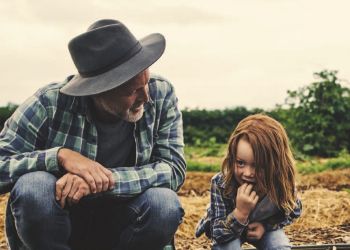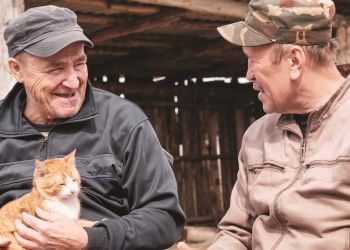The Consensus Statement on HIV “Treatment as Prevention” in Criminal Law Reform was collaboratively created to serve as an important new resource in efforts to modernize HIV criminal laws, particularly for state advocates. There is no disagreement that treatment developments have transformed what it means to be living with HIV. PLHIV are thriving and living long and productive lives; and effective treatment has the additional and hugely important benefit of reducing a PLHIV’s risk of onward transmission to effectively zero.
However, discussions among people working on the ground on HIV criminal law reform have reflected a mix of views and some uncertainty about the best way to use these remarkable scientific advances in their advocacy. Some have proposed that advances reflected in the U=U campaign (“Undetectable = Untransmittable”) should be added as a defense in modernized HIV criminal laws. Others worry that putting this kind of language into an actual law will exclude or further disadvantage those who experience severe disparities in access to quality treatment—individuals who do not reach or maintain viral suppression may still face prosecution.
And so, beginning in March 2017, a small group of organizations and advocates began discussions of how to draft a statement that could clearly and accessibly capture concerns about the use of “Treatment as Prevention” (TasP) or “Undetectable = Untransmittable” (U=U) in the criminal law reform context. Over the next several months, the statement was shared with and input was sought from a broad and diverse range of organizations and advocates at the state and national level. In June 2017—after multiple revisions, reviews, and discussions—the current statement was finalized.
As we move forward, criminal law reform, including HIV criminal law reform, must address the unjust disproportional impact of our criminal legal system on people of color, GLBTI people, sex workers, and the financially disadvantaged. Read the full statement and visit this website for FAQs, resources, and more information related to the statement.






